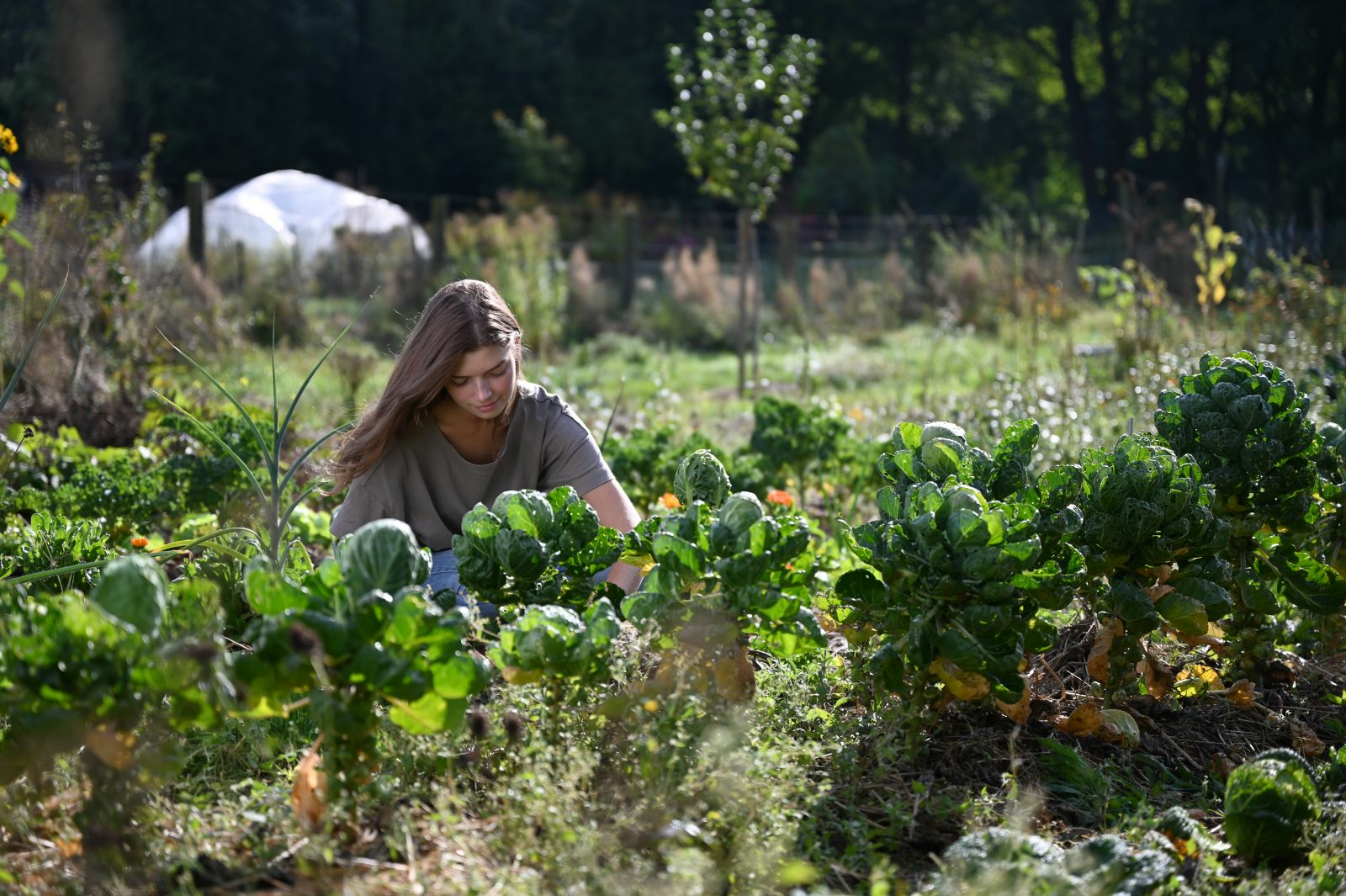Gardening with nature
Tips & tricks for organic gardening
In organic gardening, plant protection and fertilization measures are handled consciously and carefully. This is because the ecosystem in the garden is an open system that is susceptible to external influences. You can read about sustainable gardening here. You can find more detailed information in the article on the topic.
Tips for organic fertilization
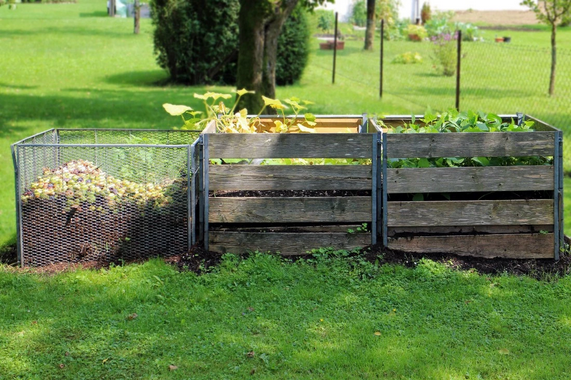
Fertilizer is needed to supply your plants with nutrients sustainably and over the long term. For ecological reasons, you should use organic matter for fertilizing, especially of plant origin. Try to close material cycles in your garden and produce fertilizer yourself:
- Compost/hot compost (you can also find articles on this in the magazine)
- Bokashi buckets for fertilizer from kitchen waste (see magazine)
Legumes, green manure & co.
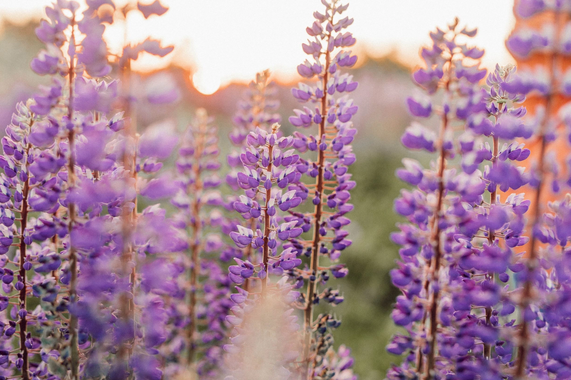
In addition to organic fertilizers, you can also cultivate certain crops that accumulate nutrients in the soil. For example, plants from the legume family, e.g. vetches or lupins. Green manure also has advantages for the soil: the soil is not bare in winter and is therefore protected from erosion and silting/drying out. In addition, the usually deep roots of legumes can loosen the soil and generally improve soil health.
Tips for preventive plant protection
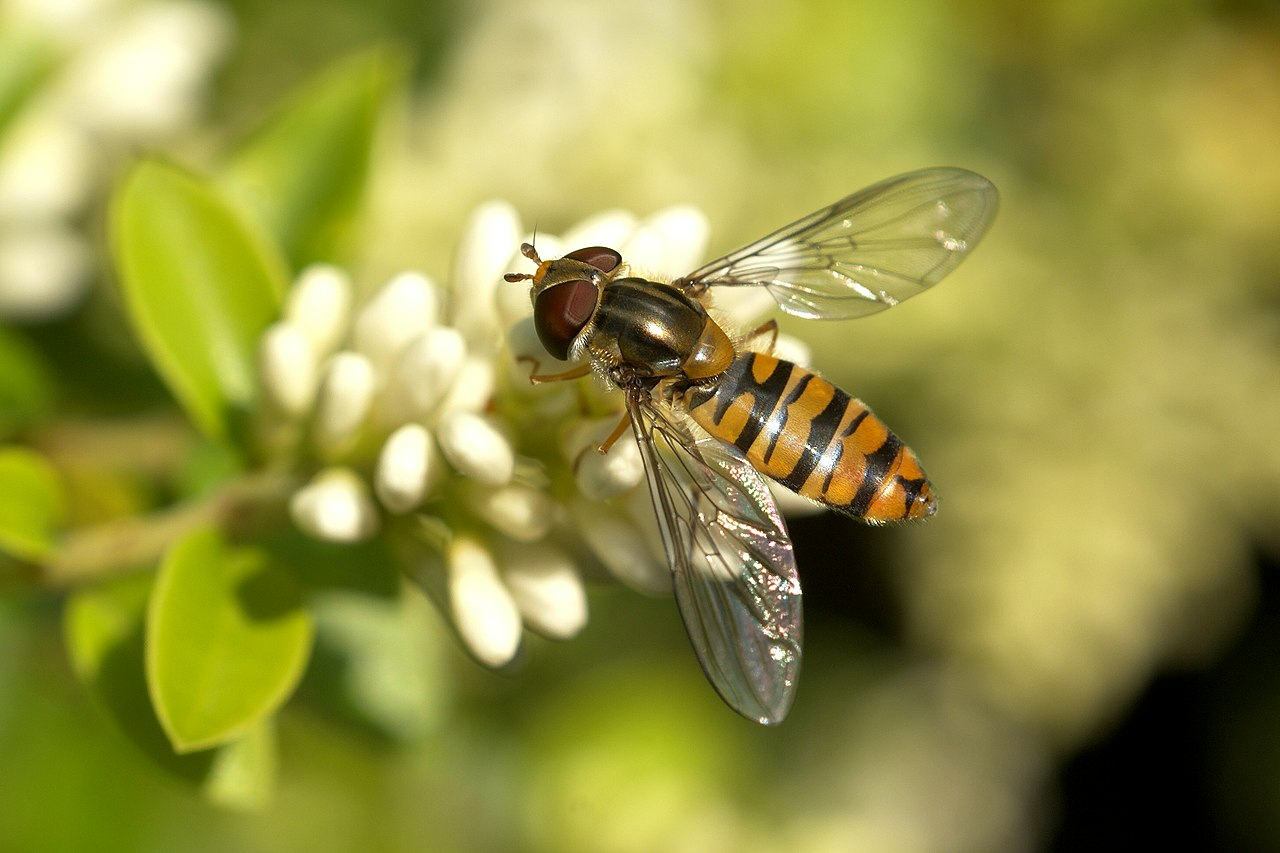
Avoid synthetic chemical pesticides. Preventative measures play a role in organic farming. The main aim is to promote a healthy ecosystem that regulates itself. To this end, there are a number of measures that promote plant and soil health:
Mixed culture instead of monoculture
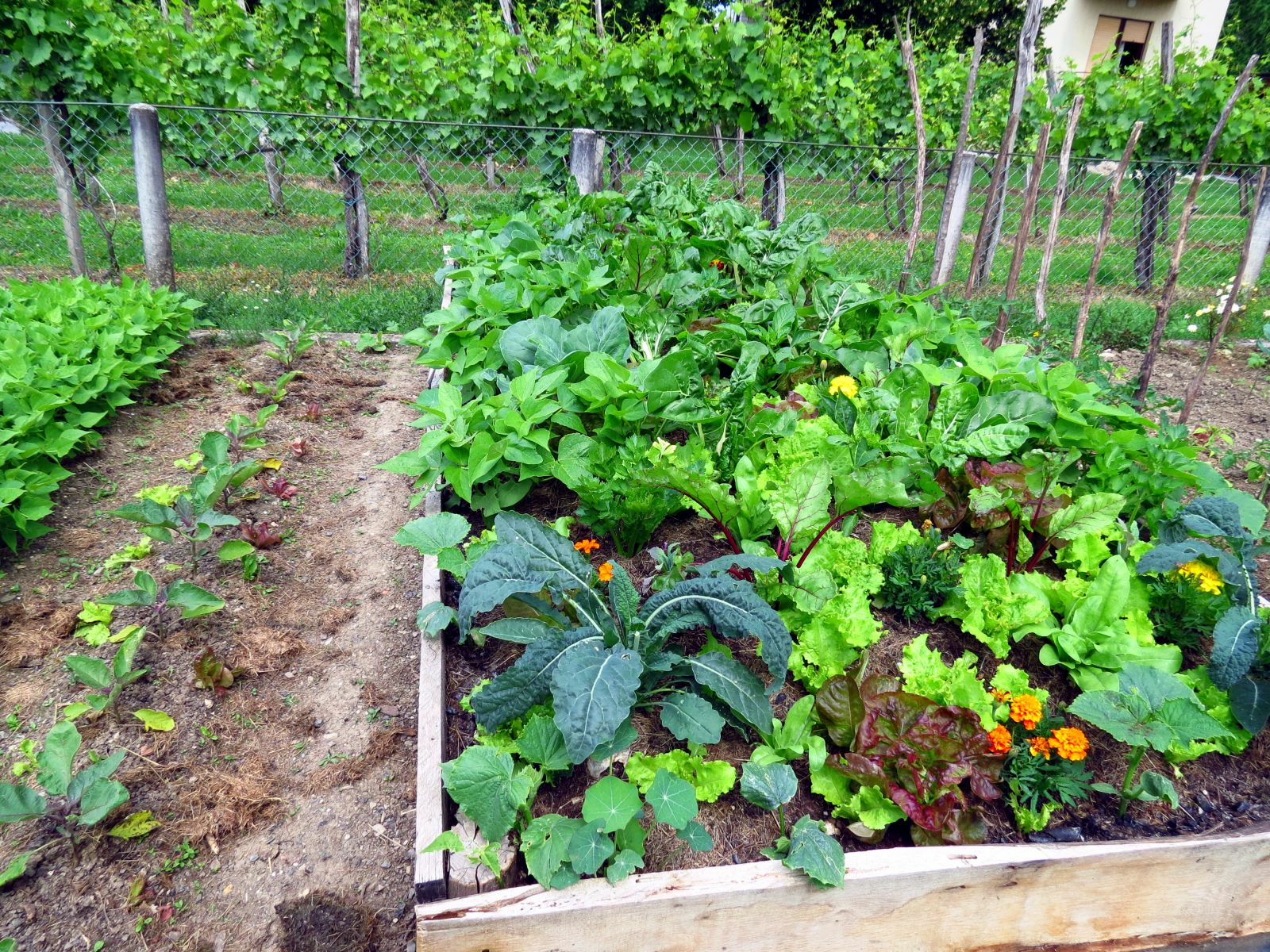
- Plan mixed crops in your garden bed to combat pests with as much biodiversity as possible. In our magazine, you can find more information on growing mixed crops and ideas for mixed crops with vegetables and herbs - In addition to a wide variety of species in the bed, your garden should have different structures to create new habitats. In our article on permaculture, you will find instructions on how to create a near-natural garden according to permaculture principles.
Promote beneficial organisms
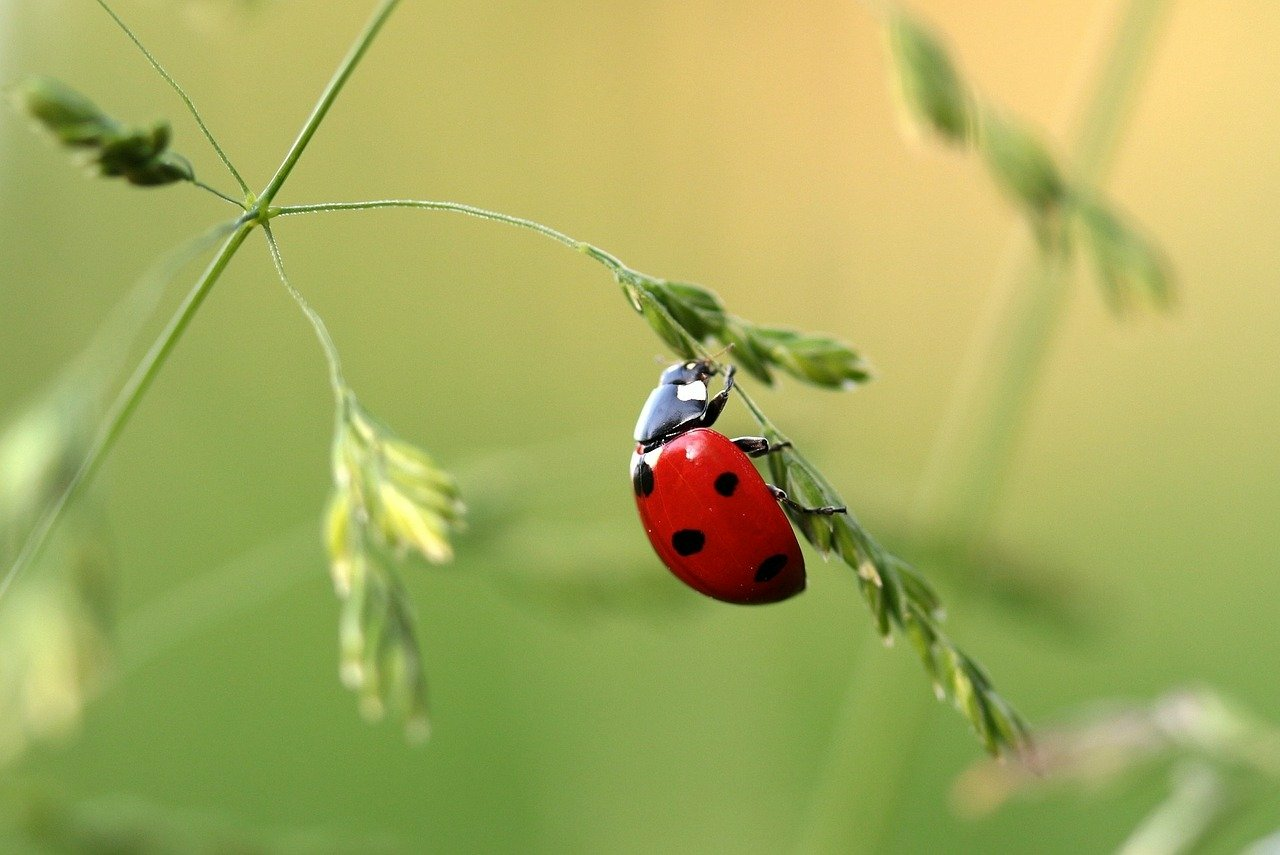
Hoverflies, ladybugs and the like are useful little helpers in the garden. They help regulate unwanted visitors that nibble on our fruit and vegetable plants. To attract beneficial insects, you can create a flower strip or herb spiral. In addition, many garden inhabitants are happy to have nesting boxes or hibernation areas.
Observe crop rotation and crop rotation
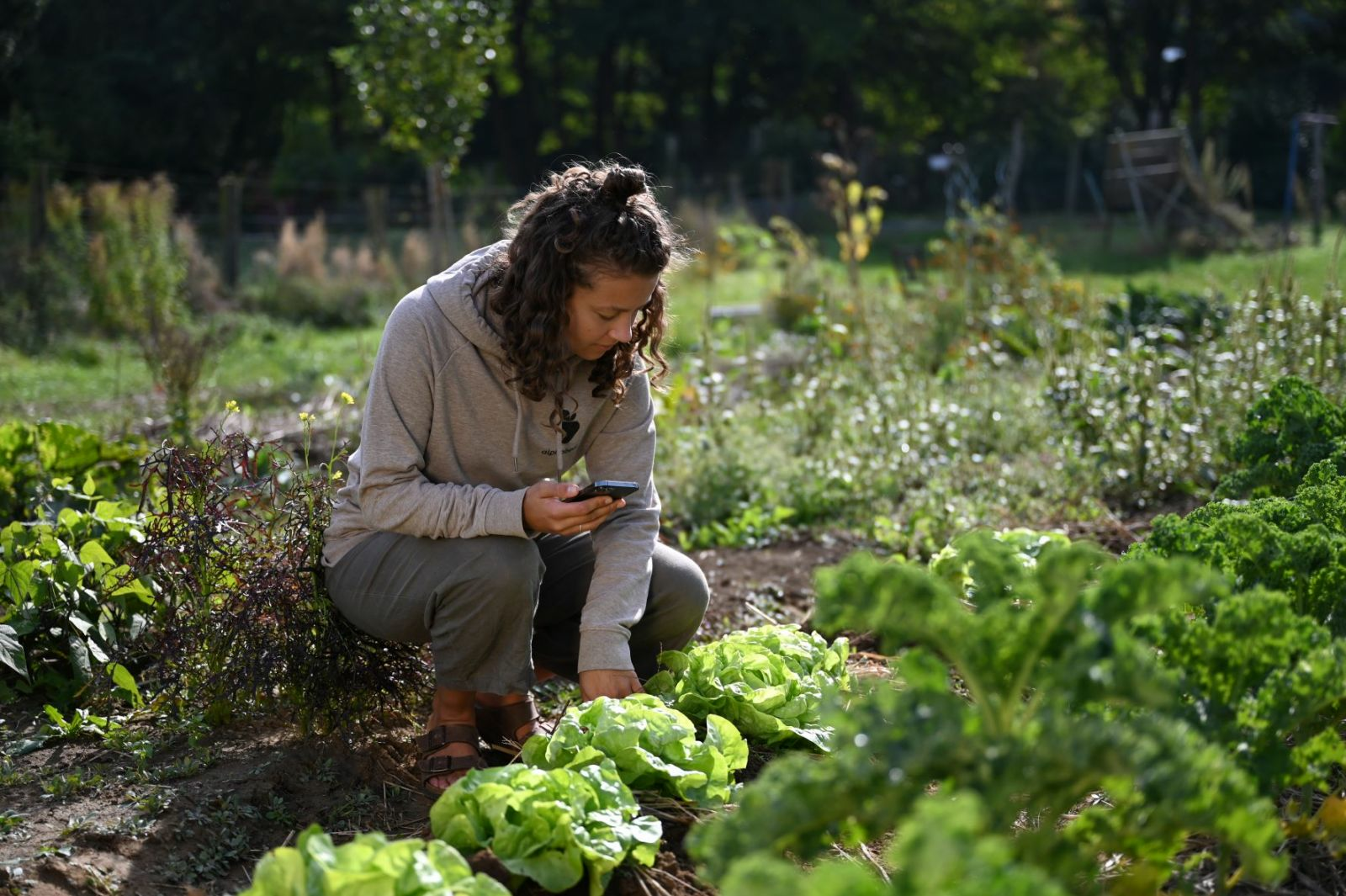
To maintain soil health, you should follow the crop rotation and crop rotation rules. In order to plant the soil all year round, you should plan your succession cropping (= crops within one year) well at the beginning of the year. You should also observe crop rotation (= over several years) and rotate between the plant families of the crops. This will prevent crop-specific pests and pathogens from becoming established.
Strengthen and protect plants
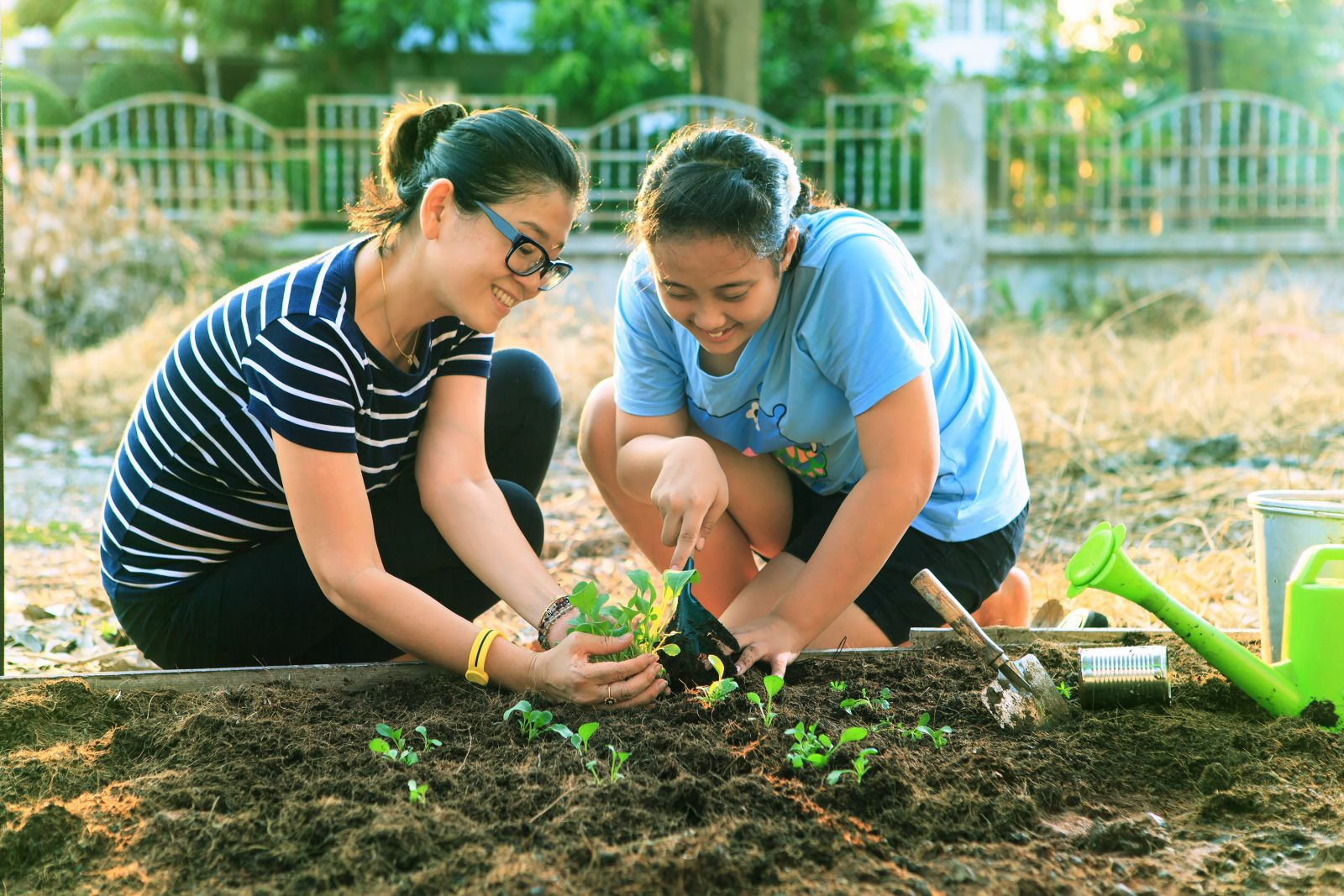
- Plant strengthening agents for plants with strong defenses: You can strengthen plant immunity in a natural way with plant juices, brews and teas
- Crop protection measures such as nets, tunnels, slug collars, glue rings, yellow boards, etc.
